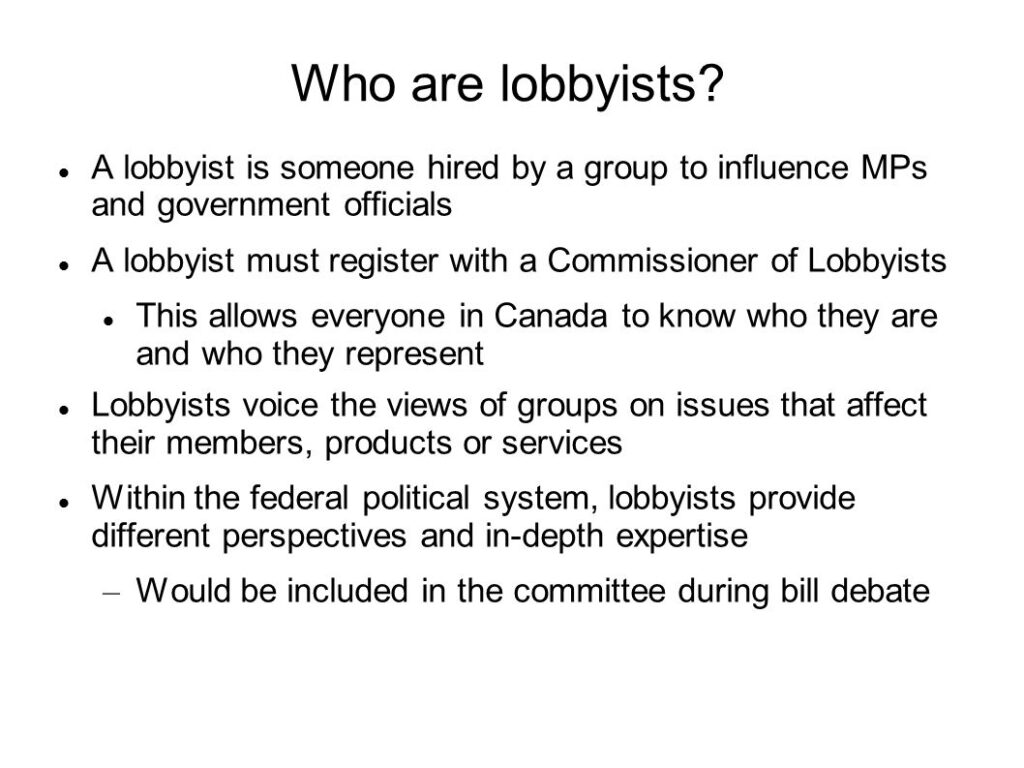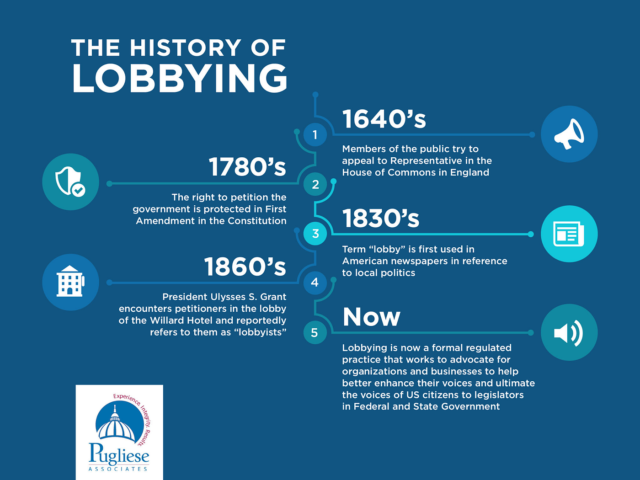Understanding Political Lobbying in the USA
What is Political Lobbying?
Political lobbying involves individuals or groups trying to influence government decisions. In the USA, lobbying is a way for people to voice their opinions to lawmakers and help shape policies. These individuals or groups, known as lobbyists, work on behalf of companies, organizations, or causes to advocate for specific interests.
Lobbying can be done through various methods. For example, lobbyists might meet directly with legislators, provide information or research to help lawmakers make informed decisions, or organize campaigns to sway public opinion. The goal is to make sure that the interests and needs of their clients are considered in the decision-making process.
How Does Lobbying Work?
Lobbying starts when a person or organization decides they want to influence a law or policy. They often hire a lobbyist or a lobbying firm, which has the expertise and connections to work effectively with lawmakers.
Lobbyists then start their work by gathering information about the issue they are advocating for. This can include collecting data, studying previous legislation, and understanding the views of the public and other stakeholders. With this information, lobbyists create a strategy for how to approach lawmakers.
They might schedule meetings with legislators to discuss their views, present research, or suggest new legislation. In addition to direct meetings, lobbyists might also organize events or participate in public forums to raise awareness about their cause.
Who are Lobbyists?

Lobbyists can be individuals or part of larger organizations. Some are professional lobbyists who work for lobbying firms, while others might be employees of businesses or non-profits who take on lobbying as part of their job.
Professional lobbyists are usually experts in a specific field and have strong connections with policymakers. They use their knowledge and relationships to effectively advocate for their clients.
Organizations that engage in lobbying often have dedicated teams or departments focused on advocacy. These teams might include lobbyists, researchers, and public relations specialists who work together to influence policy decisions.
The Role of Lobbying in Democracy
Lobbying plays a crucial role in democracy by providing a way for different voices and interests to be heard. In a diverse society, it’s important that various perspectives are considered when making laws and policies.
Through lobbying, individuals and groups can represent their interests and contribute to the democratic process. Lobbyists help ensure that lawmakers have access to a wide range of information and viewpoints, which can lead to more informed and balanced decision-making.
However, there are concerns that lobbying can lead to unequal influence, where well-funded groups have more sway over the political process. To address this, regulations and transparency measures are in place to ensure that lobbying activities are conducted openly and fairly.
Regulations and Transparency in Lobbying
To prevent abuses and ensure fairness, the USA has regulations governing lobbying activities. These regulations are designed to increase transparency and accountability in the lobbying process.
One key regulation is the Lobbying Disclosure Act (LDA), which requires lobbyists to register with the government and report their activities. This includes disclosing who they are lobbying for, how much they are being paid, and what issues they are working on.
Additionally, the Federal Register publishes information about lobbying activities, allowing the public to see who is influencing lawmakers and on what issues. These measures help ensure that lobbying is conducted transparently and that the public can hold lobbyists accountable.
The Impact of Lobbying on Legislation
Lobbying can significantly impact legislation by shaping the development and passage of laws. Lobbyists provide lawmakers with valuable information and perspectives that can influence their decisions.
For example, lobbyists might help draft legislation, suggest changes to proposed bills, or advocate for specific provisions to be included. They also play a role in rallying support or opposition from the public, which can affect how legislators vote.
While lobbying can lead to positive changes by promoting informed decision-making, it can also result in laws that favor certain interests over others. This is why transparency and ethical practices are essential in ensuring that lobbying benefits the public as a whole.
Common Misconceptions About Lobbying
There are several misconceptions about lobbying that can affect how people perceive its role in politics. One common misconception is that lobbying is inherently corrupt or unethical.
In reality, lobbying is a legitimate part of the democratic process, providing a way for diverse interests to be represented. While there are certainly instances of unethical behavior, most lobbying is conducted within legal and ethical boundaries.
Another misconception is that only wealthy or powerful groups engage in lobbying. In fact, many organizations, including non-profits and grassroots groups, also use lobbying to advocate for their causes. Lobbying is a tool that can be used by anyone seeking to influence policy.
How to Get Involved in Lobbying
If you are interested in participating in lobbying, there are several ways to get involved. One approach is to join or support advocacy organizations that work on issues you care about. These organizations often have programs and initiatives that involve lobbying and public advocacy.
You can also contact your elected representatives directly to share your views on specific issues. Many lawmakers welcome input from their constituents and are open to hearing about the concerns and interests of the people they represent.
Additionally, you might consider participating in public forums or events where lobbying activities take place. Engaging in these activities can help you understand how lobbying works and how you can contribute to the democratic process.
The Future of Lobbying
The future of lobbying will likely continue to evolve as technology and communication methods change. Digital tools and social media are increasingly being used to influence public opinion and engage with lawmakers.
As lobbying practices adapt to these changes, there will be ongoing discussions about how to ensure that lobbying remains transparent, ethical, and effective. The goal will be to balance the influence of various interests while maintaining a fair and representative democratic process.
In conclusion, understanding political lobbying is essential for anyone interested in how decisions are made in the USA. By learning about how lobbying works, who is involved, and the regulations in place, individuals can better appreciate the role lobbying plays in shaping public policy and governance.










